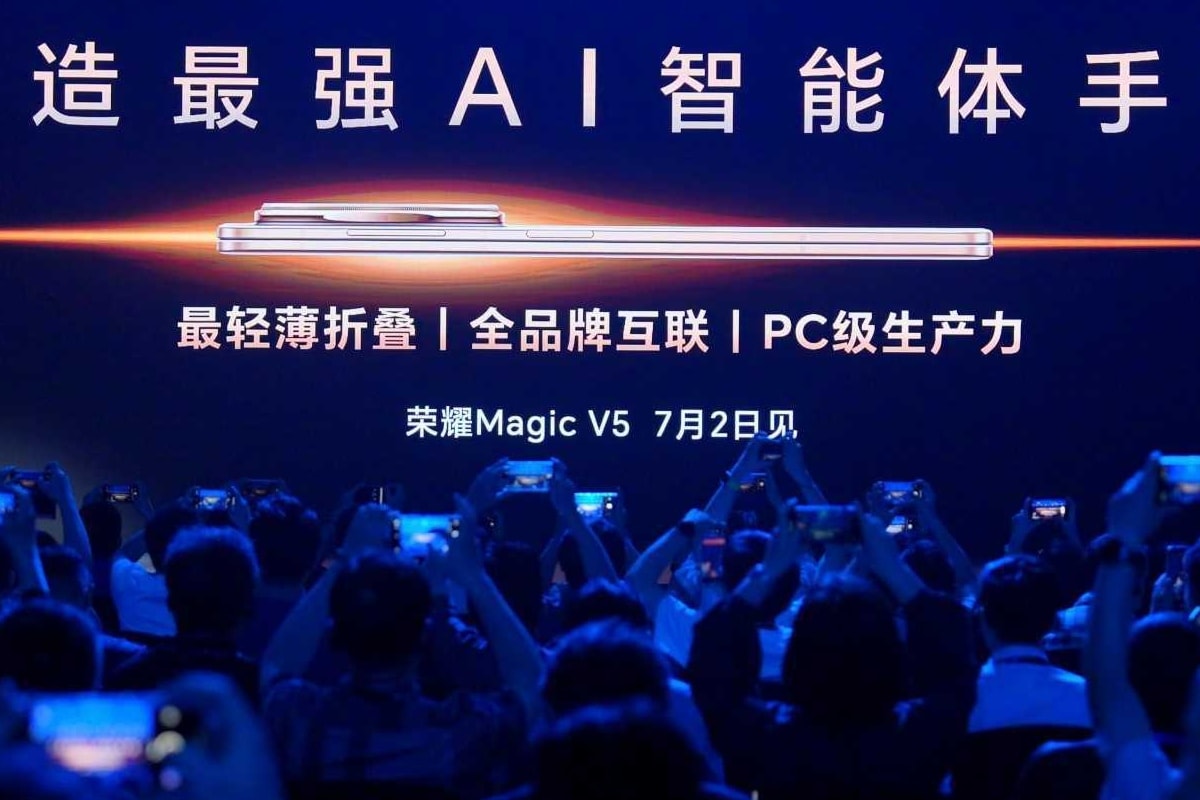Hunter Douglas’ new smart shades will work with Matter
Smart shades are a great addition to a smart home; they play well with smart lighting to automatically keep your home bathed in sunlight during the day and warm and cozy at night. But they are expensive, and many manufacturers require pricey, proprietary bridges or hubs to add automation to their window coverings.
With the launch of its new PowerView Gen 3 Automation platform earlier this year, custom shades manufacturer Hunter Douglas made the barrier to entry a little lower by ditching its proprietary hub and switching its entire platform over to Bluetooth Low Energy (BLE). This week, it also confirmed the new platform will support Matter, the new smart home interoperability standard. “Matter is definitely something that we plan on doing as soon as the standard has been ratified,” Scott Stephenson of Hunter Douglas told The Verge in an interview.
Hunter Douglas’s PowerView Gen 3 Automation platform doesn’t support Apple HomeKit
However, according to Stephenson, the company will not add Matter support to its PowerView Gen 2 platform. Additionally, the Gen 3 platform doesn’t support Apple HomeKit, which Gen 2 does. Stephenson says the company is still working on HomeKit integration.
But with Matter on board, Hunter Douglas might not need official HomeKit certification for its new automation platform. Smart shades are part of the first rollout of the new smart home standard, and Apple has publicly announced its Home app will support Matter. Apple’s iOS 16, which arrived this week, already has that support baked in, according to Stephenson.
Once the Matter standard launches later this year, any Matter-enabled device can be controlled with Apple’s Home app and its voice assistant, Siri — as well as with any other Matter-compatible smart home platform. All this is an encouraging sign of things to come with Matter, but until the standard actually arrives, there are still more questions than answers around how everything will actually work.
For its Gen 3 smart shades to work with Matter, customers will have to buy Hunter Douglas’ new PowerView Gateway. Unlike smart shade motors offered by companies like Eve, its smart shade motors don’t have the capability to be directly upgraded to Matter. That gateway has dropped in price compared to the previous version, but it still costs $195 (it was $285).
However, with the new platform, Hunter Douglas has made the gateway optional. All Gen 3 shades now have BLE radios built in, allowing them to pair directly to the PowerView app using a smartphone or tablet. If all you want to do is set your smart shades on a schedule or add them to a Scene or Automation to, say, open at sunrise and close at sunset, you just need the PowerView app. If you want to connect to other smart home platforms, including Amazon Alexa, Google Home, and Matter, you will need a gateway.
Stephenson said BLE was chosen over other protocols such as Zigbee and Thread because it can use a smartphone as the “hub.” “Phones don’t have Zigbee radios or Thread radios,” he said, “Phones have Bluetooth radios.” Wi-Fi is too power-hungry for battery-operated shades, he said, and with BLE a user with just a few shades can get the benefits of automation without the extra expense of a gateway.
Hunter Douglas PowerView Gen 2 shades aren’t upgradable to the Gen 3 system. Those with existing shades can still control both versions in the same app, but they can’t add them to the same scenes and automations.
With PowerView Gen 3 platform, Hunter Douglas is also releasing an internal rechargeable battery for its smart roller shades and a redesigned Pebble remote control.






